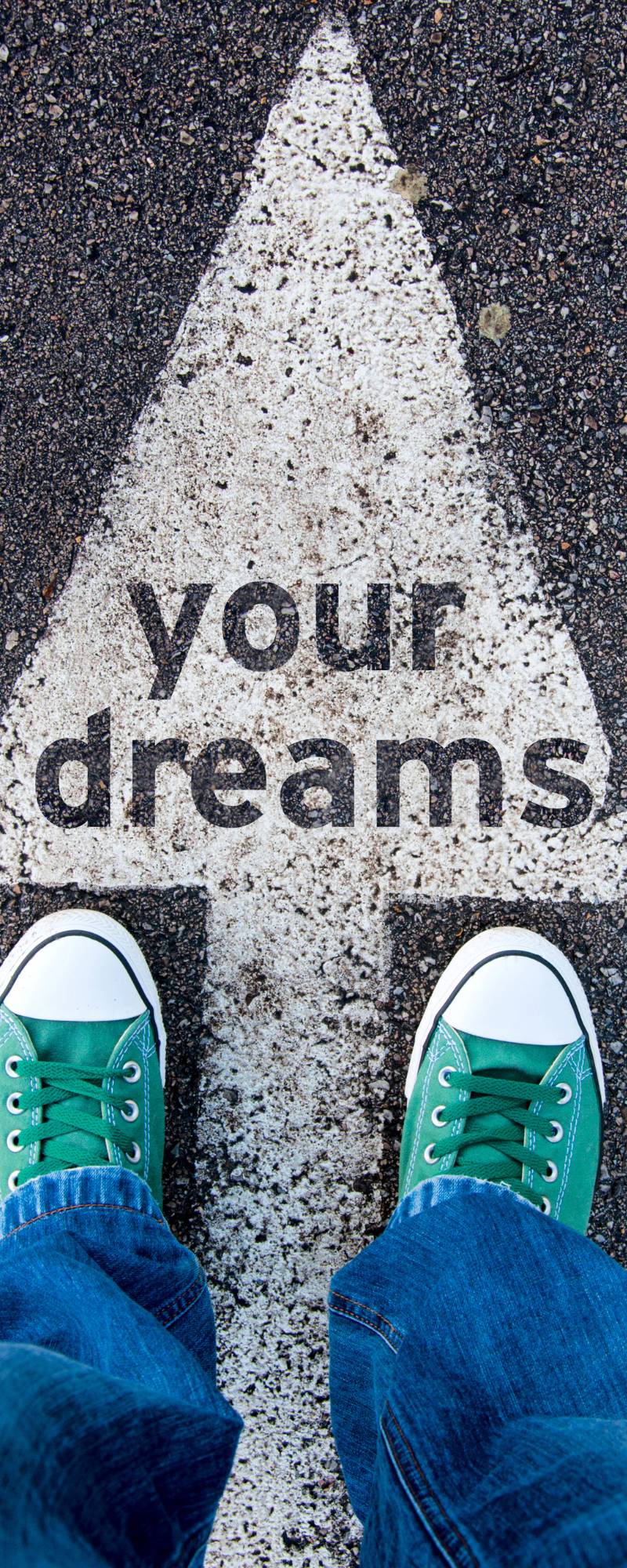The Golden Rule and Belonging
- Office

- Nov 9, 2023
- 4 min read
As I scrolled through my email this morning, coffee mug in hand, I was greeted by a headline in the New York Times about why Hamas fighters carried out the horrific attack on October 7th. It was both chilling and deeply sorrowful to read that the attack stemmed from a growing sense by some Hamas leaders, that the world had accepted the Israeli control over Gaza, the West Bank, and East Jerusalem. This sense of abandonment left them to believe that “the Palestinian cause was being pushed aside, and that only drastic action could revive it.”
It is a hard article to read, particularly in the face of over 10,000 Gazans having been killed so far, 40% of whom are children. It shows the complexity of the realities at play – geopolitical tensions, intra-Palestinian politics, inter-Arab understandings, Zionism/Anti-Zionism, and the impacts experienced by every human being living in Palestine-Israel for generations. To read that the motivation was, in part, about wanting to be seen, wanting to belong to the world community, and that, for some, the only way to achieve this was/is through terror, which only begets more terror…
God have mercy on us.

For me, I read this horrifying moment (what I have started calling “terror tantrums”) through the lens of trauma, through the lens of belonging, through the lens of my theology that say I am to see the God-ness in the “other” and to respond to that Divine Image as if that “other” is me. Did you know that the concept of being made in the image of God is held in all three Abrahamic traditions – Islam, Christianity, and Judaism? And yet the idea of what you may know as “The Golden Rule” exists across nearly all world’s religious and philosophical belief systems. Check out this resource to see just how universal it is.
So why do we keep doing to one another what we do not want done to ourselves?
I keep coming back to one answer. Belonging. When a person or people feel that they do not belong, or when they are told they do not belong, this is the beginning of hatred of self and other, and it creates the conditions for exactly what we are seeing in the Middle East, and in nearly every corner of this beautiful but broken world today. The trauma of not belonging, when our very existence depends upon others (unless you are a hermit living in some remote place where you would not be reading this blog) for our survival, will create the conditions for “drastic actions” to be taken in order to be seen, to somehow belong.
Last night I attended the “Widening the Circle of Belonging” event at Chemeketa Community College. This was the public portion of a week of training for organizations that want to engage in the hard work of bridging differences in order to create a city where all people belong. This is the third- or fourth-time leaders from across various sectors here in Salem – religious, civic, business, non-profit, education – have come together to learn from Ben McBride and to engage the ways that we, as a society, create and destroy communities of belonging.
You can read about Ben and his work here, but I have to share how powerful it was to hear Ben say the things that I have been saying for years, things I have been saying to you, as we engage our own work of becoming “Wider Still.” It was beautiful to see so many people across so many parts of our Salem community in that room. It was deeply inspiring to feel the desire by those whom I might see as the “other” yearn for “Belonging” as a central organizing principle beyond any one person’s thoughts, beliefs, and behaviors.
Praise God for people who know we do not have to be/think/behave the same to belong to one another!

And yes, this requires us to be uncomfortable. It requires us to listen to the story of each other’s life, to be willing to sit with tension when we do not and cannot understand someone else’s life experience, to “listen longer” as Ben McBride says. It requires us to challenge our assumptions about ourselves, our stories, our limitations. It requires us to be teachable. It requires us to think about the future we are creating and discern how our actions and choices made in this now will mark the generations beyond any alive today.
How I wish those in the halls of power were able to hear the cries of the Palestinians decades ago when a different reality might have been possible. Those were, and are, cries for belonging, the same cries that the European Jews made as country after country turned the ships filled with Jewish Refugees away during WWII. Theirs are the same cries that the Armenians made in WWI. The same cries that LGBTQIA, Native American, Indigenous, disabled, and so many other people have made and are still making today, the same cries that every people denied their belonging in the human race have cried for millennia.
God have mercy on us.

And no, we cannot bring peace to the middle east, but we can build our capacity to question our assumptions, listen longer, accept tension, be teachable, and imagine a legacy where we center belonging as our mission in the world.
May the work we are doing to draw the circle “Wider Still” give you courage and hope. I am grateful that we belong to one another because, without you, I am not able to keep learning how to be “Wider Still.”
.png)



Comments